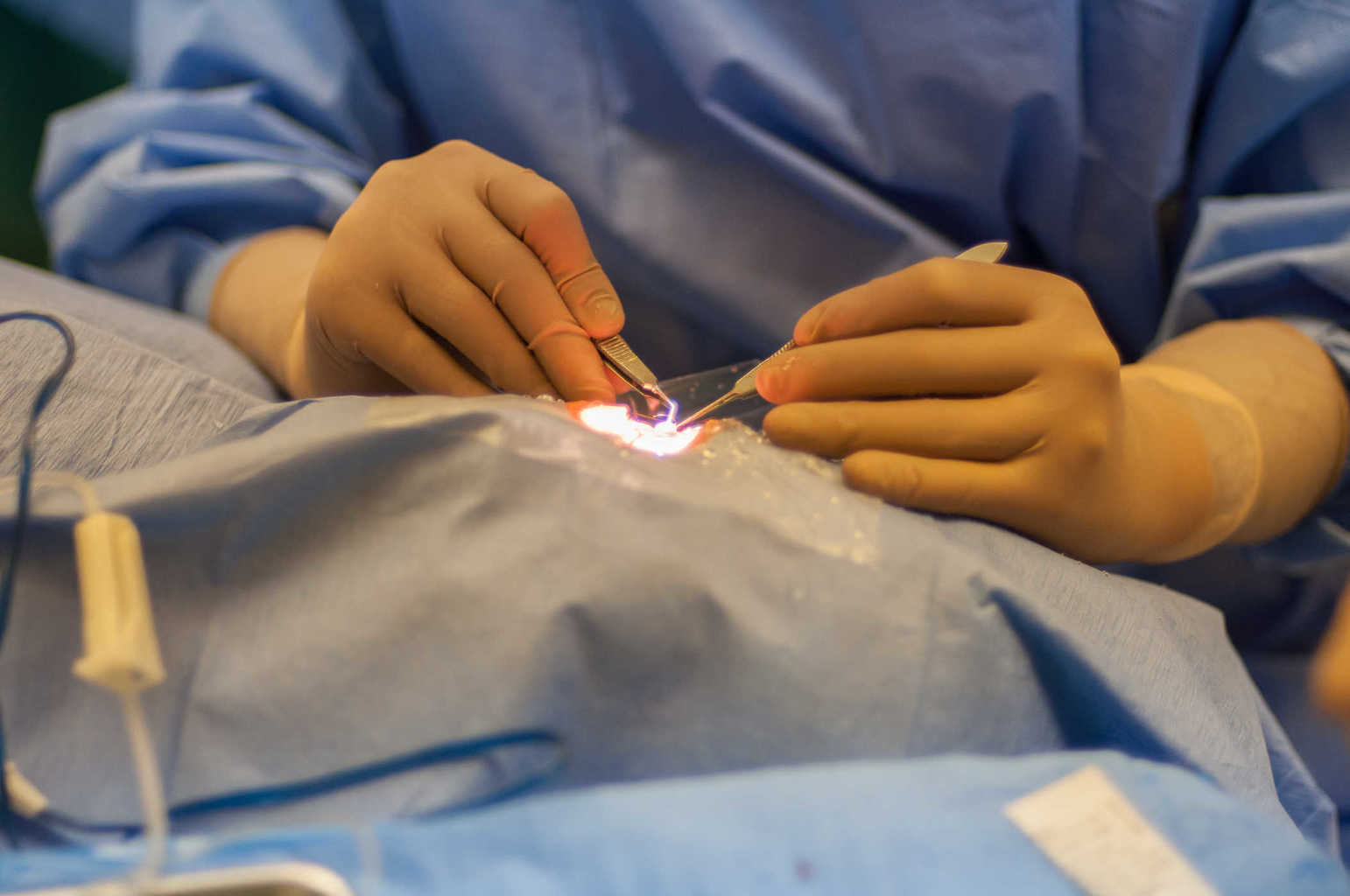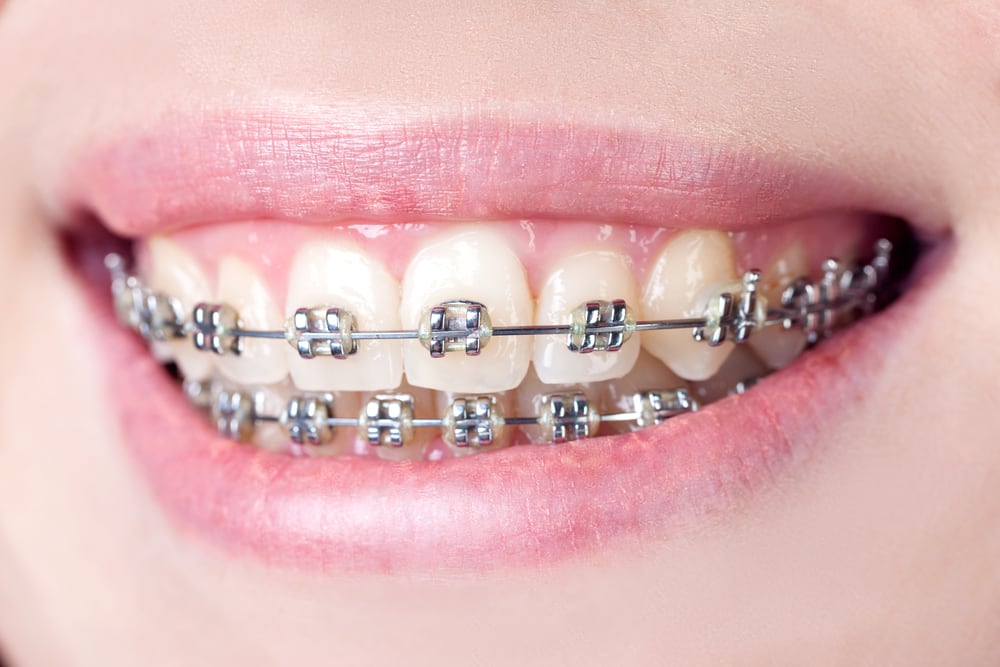Contents:
- Medical Video: Heart Bypass Surgery (CABG)
- What are the benefits of bypass surgery?
- What are the disadvantages of bypass surgery?
- What are the alternatives to bypass surgery?
- Am I able to avoid heart surgery by changing my lifestyle?
- Do doctors often recommend bypass surgery even though it is not needed?
Medical Video: Heart Bypass Surgery (CABG)
Many people with coronary heart disease survive thanks to heart bypass surgery. In this operation, the surgeon uses blood vessels from other parts of the body to create a shortcut around the blocked artery, then restores blood flow to the heart. A report in the American Journal of Cardiology called this operation, first pioneered in the 1960s, as "one of the biggest success stories in the medical world".
The award is acceptable, but not everyone with coronary heart disease needs this operation. Many people are able to control their disease through diet and exercise, and others with drugs, angioplasty, or other non-surgical treatments. After examining all the advantages and disadvantages of each method, you and your doctor can decide which treatment is right for you.
What are the benefits of bypass surgery?
Bypass surgery can quickly cure symptoms of coronary heart disease, including angina (chest pain). Patients can usually return to their normal activities for 10-15 years, after which they may need other bypass surgery if they are blocked again. If you have severe coronary heart disease — for example, some arteries are blocked and the left ventricle is weak — bypass surgery can prolong your life.
What are the disadvantages of bypass surgery?
Like other major surgeries, heart bypass surgery has several risks. A small number of patients do not even survive the operation. The mortality rate is less than 1% in patients under 65 years old and is quite healthy, but increases dramatically in elderly patients and patients with a damaged heart, diabetes, or previous heart surgery.
By slightly blocking normal blood flow, bypass surgery can potentially cause several severe complications. According to a report in the Journal of the American University of Cardiology, about 3% of patients will suffer a stroke during surgery while the other 3% will lose mental acuity. A 2006 study at Duke University Medical Center found kidney damage after heart surgery increased. The Duke researchers analyzed 5 million people who were discharged from the hospital and found a 5-fold increase in kidney failure during the study period. They estimate that around 20,000 cases appear each year. Complications are especially common in elderly patients and with diabetes, hypertension, unstable angina, arrhythmias, heart failure, or having undergone previous bypass surgery.
In recent years, more surgeons have performed surgeries off-pump, which means the heart is ticking when a bypass graft is installed. This reduces the risk of kidney bleeding and complications. However, the American Heart Association notes that both techniques can produce perfect results and say that large-scale trials are needed to determine which procedure is better.
Remember that bypass surgery is not a drug. If the patient does not take other steps to control plaque buildup in the arteries, bypass surgery will have the same fate as the original artery. Half bypass veins are blocked by plaque in 10 years. Arterial bypass is now more often used for bypass surgery, and arteries are less often blocked after 10 years.
What are the alternatives to bypass surgery?
If you have severe coronary artery disease, bypass surgery may be the best hope for survival. However, most patients will consider choosing another method.
Balloon angioplasty is a common alternative to bypass surgery. In this procedure, the doctor attaches a tube called a catheter through a blocked artery. After the catheter enters, a small balloon is pumped to dilate the arteries. The doctor then takes out a catheter and balloon, but may install a small metal scaffold, called a stent, to keep the arteries from clogging again. Like bypass surgery, angioplasty restores blood flow to the heart and relieves symptoms of coronary artery disease.
And, like bypass surgery, angioplasty can keep you alive. Researchers at Emory University proved this point in nearly 400 patients with mild to moderate coronary heart disease. With current guidelines, all patients qualify for angioplasty or bypass surgery. Patients were randomly selected for one of these procedures. According to the April 2000 issue of the American University Journal of Cardiology, patients from each group may remain alive 8 years later.
A systematic review of 23 randomized people in 2007 in a controlled trial found that survival for 10 years was the same in both treatments. Bypass surgery is more effective in relieving angina and requires fewer repeated treatments, but has a higher risk of causing a stroke during the procedure.
Drugs that lower blood pressure and cholesterol are other alternatives. Beta-blocking heart medications and angiotensin-converting enzyme (ACE) inhibitors can relieve angina and ward off heart attacks. If you have high cholesterol, statins or other cholesterol-lowering drugs can slow down the buildup of plaque and reduce the risk of a heart attack. The doctor may also suggest a daily dose of aspirin. By thinning the blood and preventing blood clots, this ordinary painkiller provides strong protection to the heart.
Am I able to avoid heart surgery by changing my lifestyle?
Depends on your heart condition, but some experts believe that many people with heart problems can overcome it with a heart-healthy diet, exercise, relaxation techniques, and other lifestyle changes. For example, a program for heart patients designed by Dr. Dean Ornish — a combination of reducing stress, regular exercise, and a very low-fat diet — has been shown to relieve angina quickly and reduce the risk of half heart attack. This program has been shown to cure heart disease in some patients by reducing plaque thickening in blocked arteries. Ornish also advocated teaching heart patients the ability to communicate to "open their hearts", citing several studies on the benefits of closeness and intimacy that protects the heart.
To prevent the development of heart disease, or even restore it, heart patients must reduce or avoid saturated fats (in animal products such as butter, fresh milk, eggs and meat) from the diet. Equally important, you should avoid trans fat, which can also add bad cholesterol.
However, some fats are actually good for the heart. Research shows that some "good fats", such as omega-3 fatty acids in fatty fish such as salmon, may also help lower cholesterol and help prevent or reduce heart disease. A report in the Journal of the American Medical Association in 2006 noted that normal consumption (1-2 servings per week) of certain types of fish reduced the risk of coronary death by 36%. Another study involving 20,000 US doctors reported that people who eat fish at least once a week are more likely to die of a heart attack as much as 50% less than people who only eat fish once a month.
Experts speculate that because omega-3s have anti-inflammatory effects throughout the body, they may relieve arterial inflammation. Omega-3s also appear to increase "good" HDL cholesterol levels, which help fight plaques that tend to block arteries. So, while lowering fat in your diet, you might want to talk to your doctor about taking omega-3 fish oil supplements or adding fish to your diet. Remember, fish contain mercury and other pollutants, but sufficient consumption benefits appear to exceed risk.
Of course, a lifestyle that is healthy for the heart makes sense, no matter what treatment you receive. If you smoke, eat high-fat foods, and don't exercise, procedures or any medication only temporarily heals.
Do doctors often recommend bypass surgery even though it is not needed?
Many people worry that doctors may recommend bypass surgery quickly without researching other options. However, according to a report in the March 1, 2001 issue of the New England Medical Journal, the opposite is true. The study found that 43% of patients who were eligible for bypass surgery (meaning patients with severe coronary heart disease) had never undergone bypass surgery, often because doctors recommend other treatments.
Choosing the right treatment for heart problems can be difficult — for you and your doctor. In 2009, a group of heart organizations published guidelines to help doctors determine exactly when heart surgery should be performed. Treatment of coronary heart disease depends on many individual factors, including the place of blockage, whether you have diabetes, and overall heart function. That is why you have to learn everything you can about your condition and prepare to give lots of questions. You might even want to find a second opinion. In the end, information may be the best medicine.












